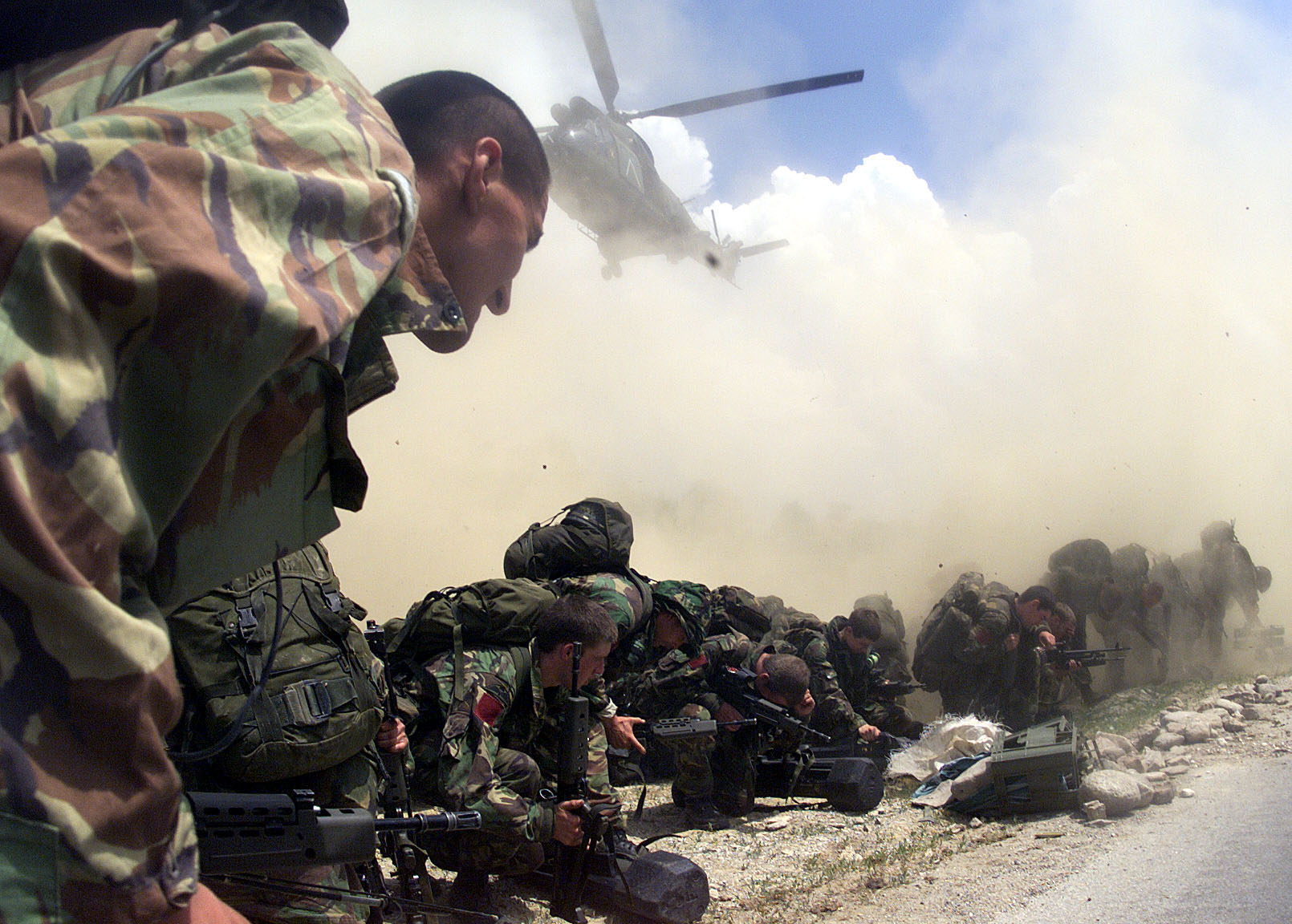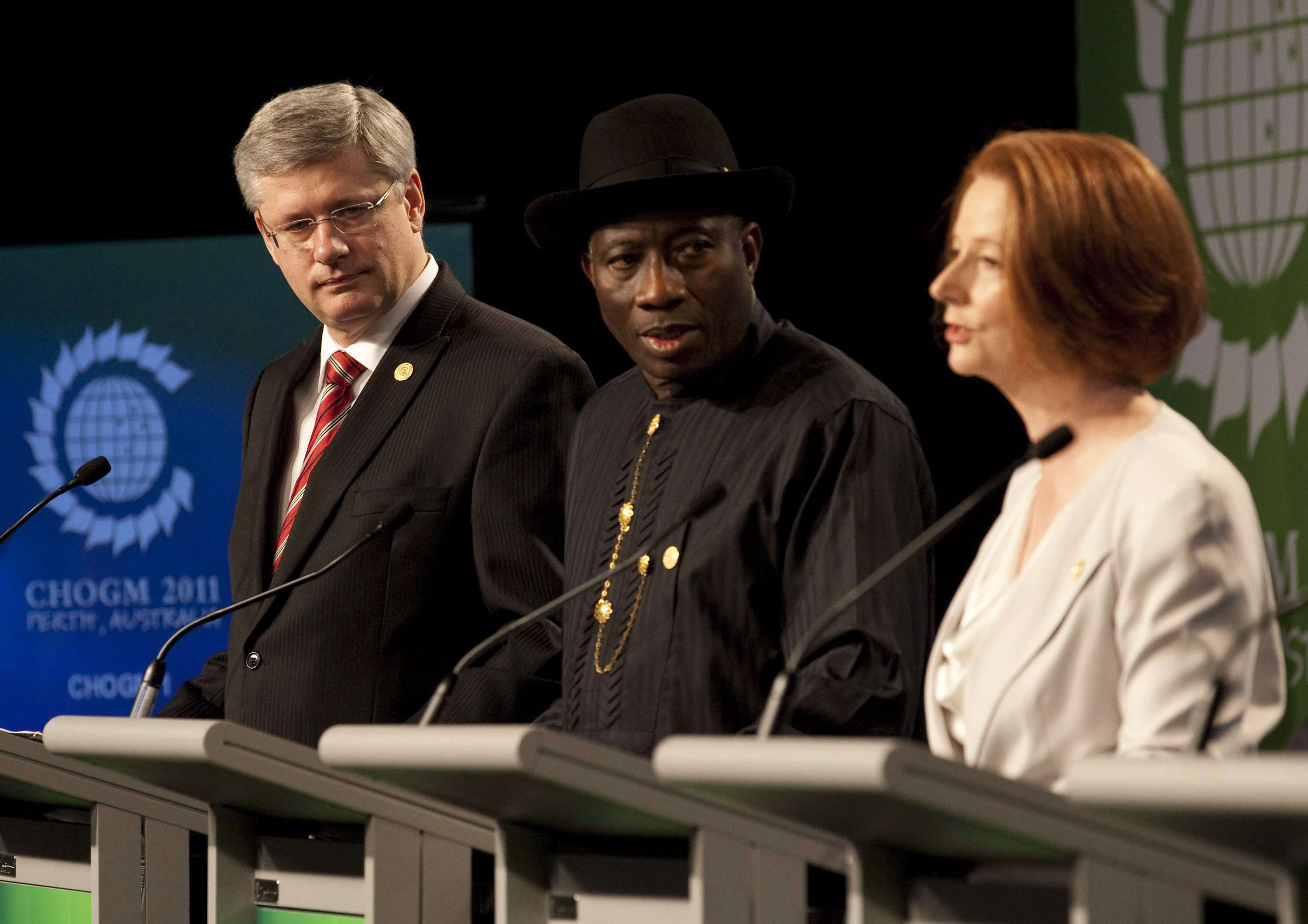Since the launch of NATO’s mission 14 years ago, Kosovo has faded from international attention, with KFOR still silently fulfilling its peacekeeping mission. That continued to be the case until recent rumors alleged that security aides of American President Barack Obama are using NATO’s 1999 intervention in Kosovo that occurred without UN Security Council approval as a guide for intervention in Syria. This has sparked an international discussion on the relevant lessons that Kosovo may offer for Syria.
Lessons (to be) Learned
Some political commentators argue that the humanitarian intervention in Kosovo can be instructive. For example, Wesley Clark, the former supreme commander of NATO who led Alliance forces in the Kosovo War, argues that despite the criticism piled on President Obama for his retreating red line, it is not imperative to strike immediately after it is crossed. NATO had set a red line against ethnic cleansing in 1998, which was crossed with a massacre of 40 farmers the next year. Instead of a military response, France negotiated a NATO presence. The talks failed but Clark asserts that NATO’s diplomatic leverage and legitimacy were strengthened.
Others argue that the most valuable lesson to be learned is simply that there are profound differences in context, specifically geopolitical context, which makes Kosovo and Syria incomparable. Perhaps most obviously, NATO’s 19 members were unified in their will to take action. Furthermore, as the worlds strongest nations they possessed unparalleled political legitimacy and clout. Today, this is challenged by rising and returning powers like the BRICs.
R.I.P Humanitarian Intervention
Perhaps more importantly, the Kosovo War and the Syrian crisis shed light on the evolution of NATO as a forum designed for international players to exert their influence and power. NATO is in the process of adjusting its role in humanitarian crises. It is grappling with the question: can it provide a proper response to mass atrocities?
[captionpix align=”left” theme=”elegant” width=”300″ imgsrc=”http://www.aco.nato.int/systems/image_thumbnail.ashx?file=/resources/site7423/General/Pictures/Website%20design/KFOR%20deploys%20small.jpg&Size=640
” captiontext=””]
NATO launched its air campaign in Kosovo with the aim of satisfying five primary objectives: a verifiable cessation of all combat activities and killings; withdrawal of Serb military, police and paramilitary forces from Kosovo; the deployment of an international military force; the return of all refugees and unimpeded access for humanitarian aid; and a political framework for Kosovo, building on the Rambouillet Accords. This was undertaken without direct authorization from the UN Security Council. Instead, NATO relied on UN Security Council resolutions, such as the September 23, 1998 resolution that demanded the cessation of all actions of the security forces affecting the civilian population, and general international law.
NATO leaders argued that military intervention was justified to prevent widespread death and suffering in foreign countries. Following the Kosovo war, the Independent International Commission on Kosovo released a report, which declared that intervention had been illegal but legitimate. In essence, NATO’s actions suggest that it believed that the Security Council did not have the monopoly on decision-making regarding the use of force.
In contrast, NATO’s current plan-of-action for Syria is to keep the situation “under close review” and leave the military option on the table. Aside from the absence of consensus in NATO, retreat from this new humanitarianism can be explained by the UN reform document that was adopted as a resolution in 2005. Paragraphs 138 – 139 place the implementation of the ‘responsibility to protect’ doctrine under the exclusive command of the Security Council. This idea, that the distinct role to be played by nations in foreign conflicts is subject to the decisions of the UN, has taken firm root in many countries. While the legal justifications for Prime Minister David Cameron’s motion for military strikes on Syria were built on the humanitarian intervention doctrine, the Commons voted against Cameron, rejecting military intervention without UN approval.
Ultimately, the international political landscape and NATO members’ perception of the legal validity of humanitarian intervention have changed dramatically since 1999. To borrow President Obama’s expression: understanding this demands an entirely different equation.




